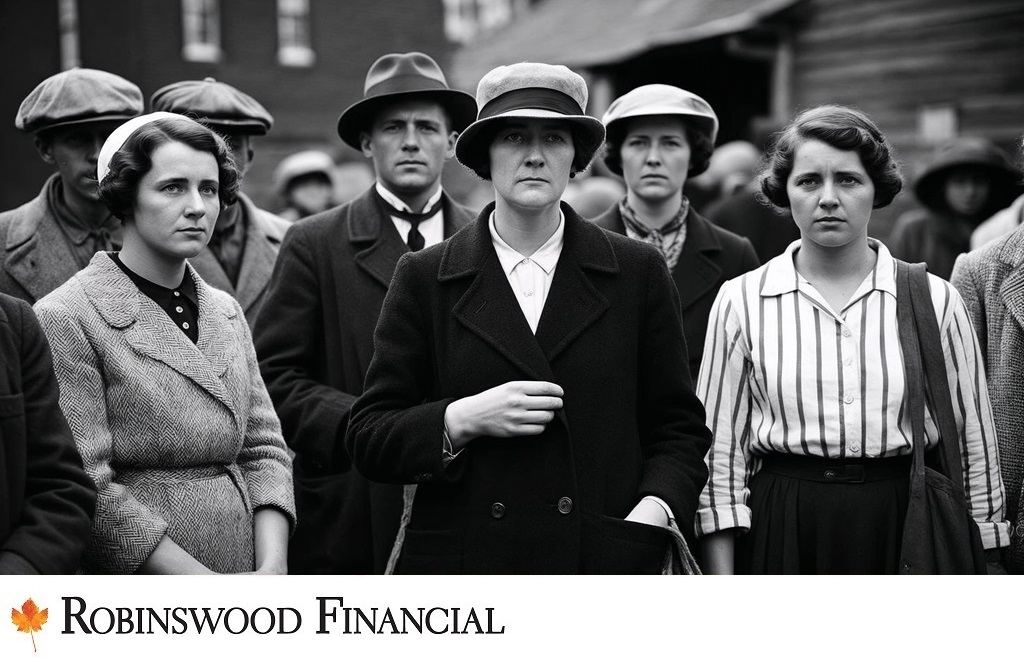Tariffs didn’t cause the Great Depression on their own, but they intensified and prolonged it.
Tariffs, especially the Smoot-Hawley Tariff Act of 1930, played a significant role in deepening the Great Depression, though they were not the sole cause. Here’s how tariffs contributed:
- Smoot-Hawley Tariff Act
- This law raised U.S. tariffs on over 20,000 imported goods to record levels.
- The intention was to protect American farmers and manufacturers by encouraging people to buy domestic products.
- Retaliation from Other Countries
- Other nations responded by imposing their own tariffs on U.S. goods.
- This led to a collapse in international trade, which had been a key driver of economic growth for many countries, including the U.S.
- Drop in Global Trade
- As countries raised barriers, exports and imports shrank dramatically.
- This hurt both American exporters and foreign economies that relied on trade with the U.S.
- Worsening of the Economic Crisis
- Reduced trade meant lower income for businesses, leading to more layoffs and business failures.
- The shrinking global economy further damaged confidence in financial institutions and investments.
- Tightening of the Global Economy
- The tariff war contributed to the fragmentation of the global economy just when cooperation was needed most.
- It undermined efforts to stimulate demand and deepened the worldwide economic slump.
Summary:
Tariffs like Smoot-Hawley didn’t cause the Great Depression on their own, but they intensified and prolonged it by stifling international trade, prompting retaliatory measures, and hurting global economic cooperation.
Our Strategy
Our investment strategy minimizes risk and eliminates emotion from the decision-making process.
Services
Investors earn higher returns with professional investment management.
About Us
Information on links, books, market indexes and consumer alerts that you may find useful.

